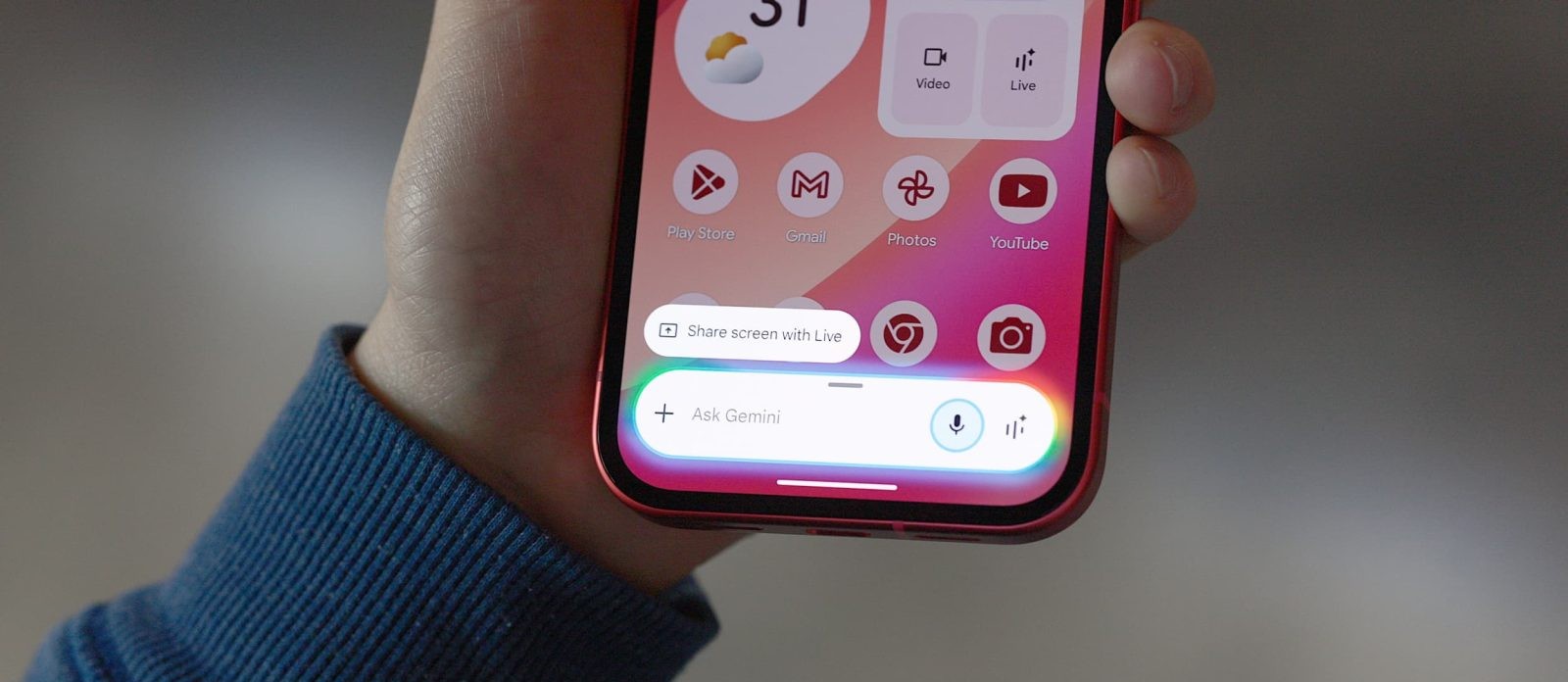In a landmark decision, a California jury has mandated that Google compensate Android users in the state with over $314.6 million. This verdict stems from allegations that the tech giant collected data from idle Android smartphones without obtaining user consent, leading to unauthorized consumption of users’ cellular data.
Background of the Case
The class-action lawsuit, initiated in 2019, represented approximately 14 million Californian Android users. Plaintiffs contended that Google programmed Android devices to transmit data to its servers even when the devices were not in active use. This practice, they argued, resulted in unnecessary data usage, imposing financial burdens on users without their explicit approval. The collected data was purportedly utilized to enhance Google’s services, including targeted advertising strategies.
Jury’s Findings
After thorough deliberation, the jury concluded that Google’s actions constituted a misuse of customer data. They determined that the company was liable for sending and receiving information from devices without user permission during periods of inactivity. This behavior was characterized as imposing mandatory and unavoidable burdens shouldered by Android device users for Google’s benefit.
Google’s Response and Intent to Appeal
In response to the verdict, Google spokesperson Jose Castaneda announced the company’s intention to appeal. He stated that the ruling misunderstands services that are critical to the security, performance, and reliability of Android devices. Google maintains that the data transfers in question are essential for maintaining device functionality and that users had consented to such practices through the company’s terms of service and privacy policies.
Implications for User Privacy and Data Collection Practices
This case underscores the growing concerns surrounding user privacy and the extent to which tech companies can collect and utilize personal data. The substantial financial penalty imposed on Google serves as a potent reminder of the legal and ethical obligations companies have toward their users. It also highlights the necessity for transparency in data collection practices and the importance of obtaining clear user consent.
Future Legal Proceedings
The California verdict may set a precedent for similar cases nationwide. A separate lawsuit, representing Android users from the other 49 U.S. states, is scheduled for trial in April 2026. This upcoming case could further influence the landscape of data privacy and corporate accountability in the tech industry.
Conclusion
The jury’s decision to hold Google accountable for unauthorized data collection from idle Android devices marks a significant moment in the ongoing discourse on digital privacy. As technology continues to evolve, this case emphasizes the critical need for companies to prioritize user consent and transparency in their data collection practices.



